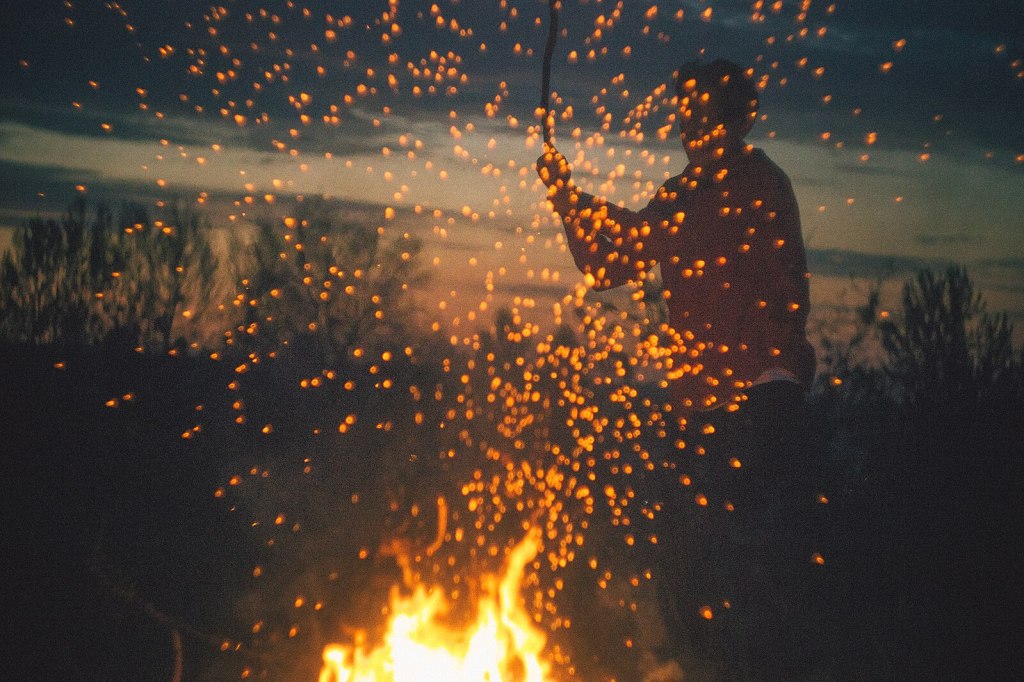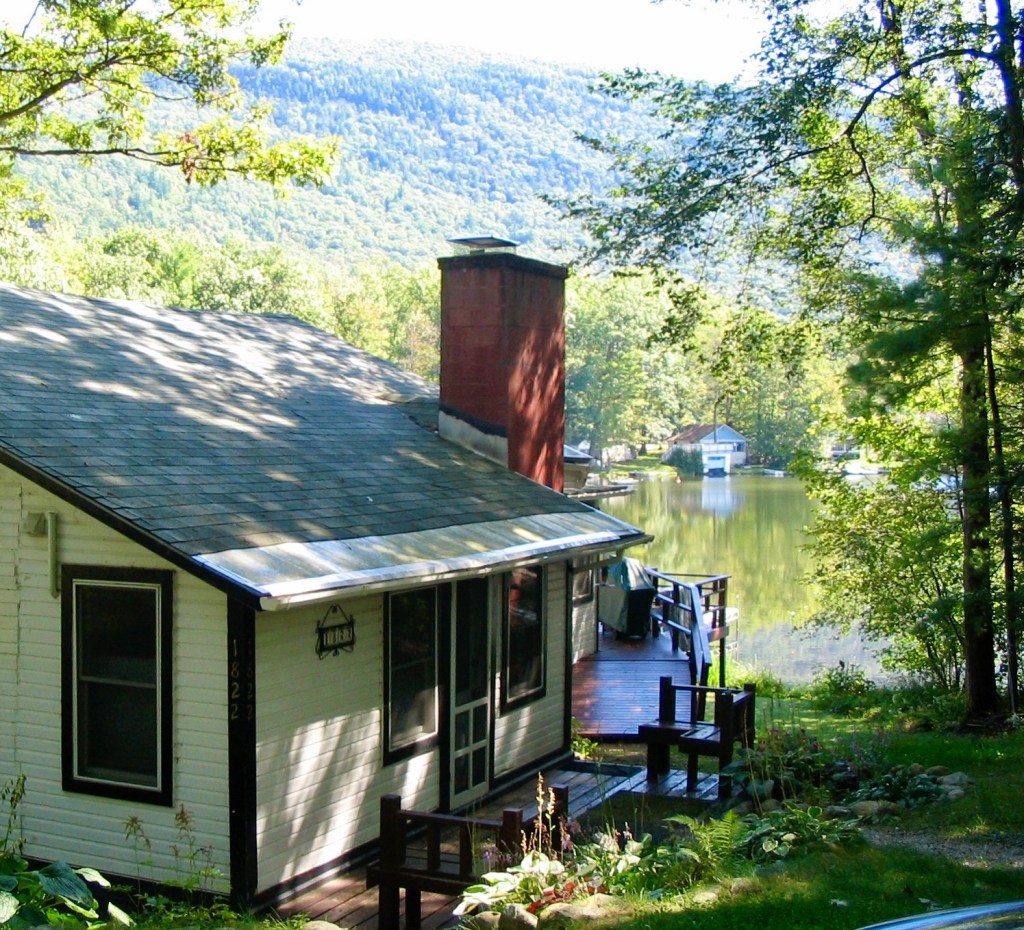Suburban Walking Blues
by Dudley Stone
1.
Heavy bag on my back
Ain’t lookin’ for no job
No job lookin’ for me
Walk down Corporate, walk down Industry,
anonymous as yellow brick, red brick, stucco.
Space available, will build to suit.
Left lane must turn left.
Black walking stick holding up a wall.
Did your owner crawl home?
Curbside sentinels — blue mailbox, Fed Ex box, newspaper,
apartment finder, employment finder, cars, pets.
Oaks regular as streetlights. Acorns, sidewalks gouged
by the claws of some nocturnal beast.
2.
Sing to myself
Ain’t lookin’ for no place
No place lookin’ for me
Under construction, wooden sticks, yellow tape, red tape,
yellow flag, red flag, dig, don’t dig.
Flattened plastic bottles — beer, water, soda.
Slim Jim package peeled like a banana.
Sunshine stops between buildings. Half expect
to find something raw and dismembered among the leaves.
A Genesis sky darkening — last prayer before color bars —
yellow cyan green magenta red blue black.
Rows of clips perched like blackbirds along the power lines.
Sidewalk a UPC code, dark dark light, thin, thin, thicker
Yellow and green fireplugs. Gnomes? Trolls?
A streetlight ignites as I walk by: Must have been waiting for me.
3.
Home is the sailor, home from the sea.
Some is the hailer, some from the he.
I never said I was okay. Never said you could count on me.
This was my school after it was my construction site
after it was my backyard after it was my wilderness
and the only thing that could fix whatever was wrong with me.
Under construction we chased each other
through breezeways, climbed the corrugated
exoskeleton. No sonnets in this neighborhood,
just the occasional three-bed-one-and-a-half-bath
haiku. Sails flap on the clothesline. A woman calls
her kids home, banging pans that ring like church bells.
The moon rises, tethered to telephone lines, supported
by utility poles. Look — a shopping cart in a tree,
a stone staircase in an otherwise empty field.
4.
Never knew I’d love it so much
or leave so soon
Walking just to keep warm
Ain’t lookin’ for no home
no home lookin’ for me
No outlet
Exit ONLY
Black cane against the wall.
If we’re both still here tomorrow, you’re coming with me.






























